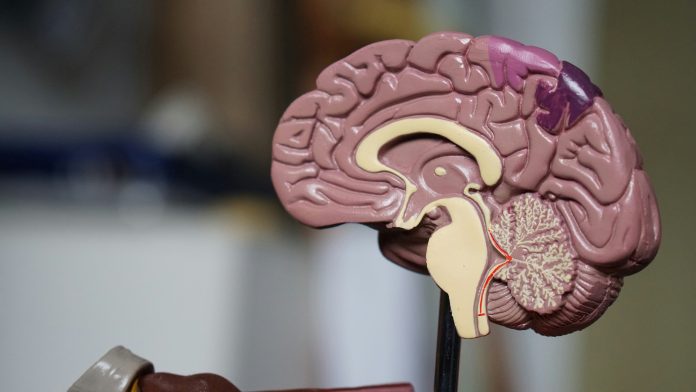Dive into our comprehensive guide on pineal gland cysts, exploring their symptoms, diagnosis, and management options to help you navigate this condition with confidence.
The human brain is a marvel of nature’s engineering, housing many small but critical components that contribute to our overall wellbeing. Among these is the pineal gland, a small endocrine gland responsible for regulating our sleep-wake cycle. However, like any other body part, it can develop abnormalities like pineal gland cysts. While often benign, these cysts can raise numerous questions about their impact on health, the necessity for treatment, and the potential for complications. This article delves deep into the topic of pineal gland cysts, providing valuable insights and guidance.
Understanding Pineal Gland Cysts
Pineal gland cysts are fluid-filled sacs located within the pineal gland in the brain. Despite their ominous-sounding nature, most pineal gland cysts are benign and do not cause symptoms. However, it is crucial to understand what they are and their potential to impact health.
What Is a Pineal Gland Cyst?
A pineal gland cyst is a growth that can vary in size and is typically found during brain scans for unrelated health issues. These cysts are usually benign and asymptomatic, but their discovery can lead to a flurry of concerns and questions.
How Common Are Pineal Gland Cysts?
Research suggests that pineal gland cysts are relatively common, particularly in adults, and are more frequently diagnosed in women. The increased use of advanced imaging techniques has led to a higher detection rate of these cysts.
Pineal Gland Cyst: Symptoms and Risks
While most pineal gland cysts are asymptomatic, they can, in rare cases, cause symptoms such as headaches, vision disturbances, or sleep disorders. Understanding the symptoms and knowing when to seek medical advice is vital for early detection and management.
The Impact of Pineal Gland Cysts
The potential impact on health and well-being can vary, influencing sleep patterns, hormonal balance, and, in rare cases, neurological functions. This section explores how these cysts can affect an individual’s life and what that means for long-term health.
Diagnosis and Management
Diagnosing a pineal gland cyst typically involves imaging techniques like MRI, which can accurately identify the presence and size of the cyst. Management strategies may range from monitoring to surgical intervention, depending on the cyst’s characteristics and symptoms.
Living with a Pineal Gland Cyst
Living with a pineal gland cyst may not involve any adjustments for many. However, for those experiencing symptoms, making lifestyle changes and seeking support can be crucial in managing the condition and maintaining quality of life.
Pineal Gland Cyst FAQs
This section answers the most common questions about pineal gland cysts, providing readers with clear, concise information to help demystify this condition.
Conclusion
Pineal gland cysts, often benign and asymptomatic, can create uncertainty for those diagnosed. Armed with information and support, individuals can navigate this condition with greater ease and confidence, ensuring minimal impact on their quality of life.
In the following detailed exploration, we will delve into each aspect, offering insights from medical experts and guidance for those affected by pineal gland cysts. Stay tuned as we break down the complexities of this condition, providing you with the knowledge you need to understand and manage pineal gland cysts effectively.
Also Read: The Surprising Benefits of Rice Water for Weight Loss
Pineal Guard Click Here to Buy
Affiliate Disclosure:
The links contained in this product review may result in a small commission if you opt to purchase the product recommended at no additional cost to you. This goes towards supporting our research and editorial team and please know we only recommend high quality products.
Disclaimer:
Please understand that any advice or guidelines revealed here are not even remotely a substitute for sound medical advice from a licensed healthcare provider. Make sure to consult with a professional physician before making any purchasing decision if you use medications or have converts following the review details shared above. Individual results may vary as the statements made regarding these products have not been evaluated by the Food and Drug Administration. The efficacy of these products have not been confirmed by FDA approved research. These products are not intended to diagnose, treat, cure or prevent any disease.




